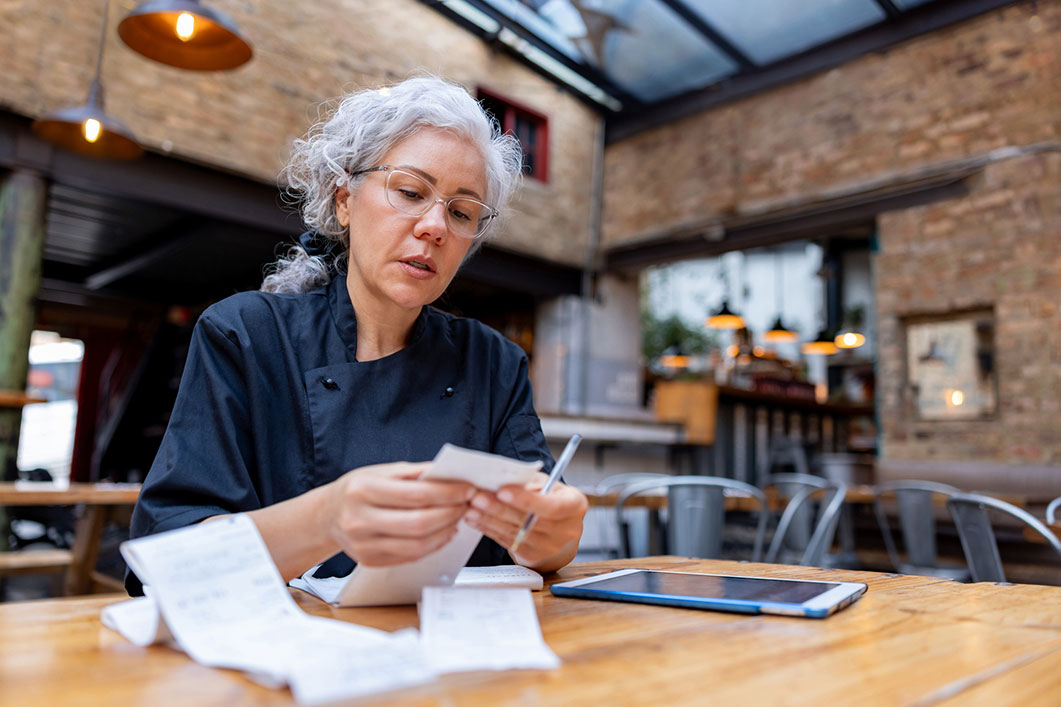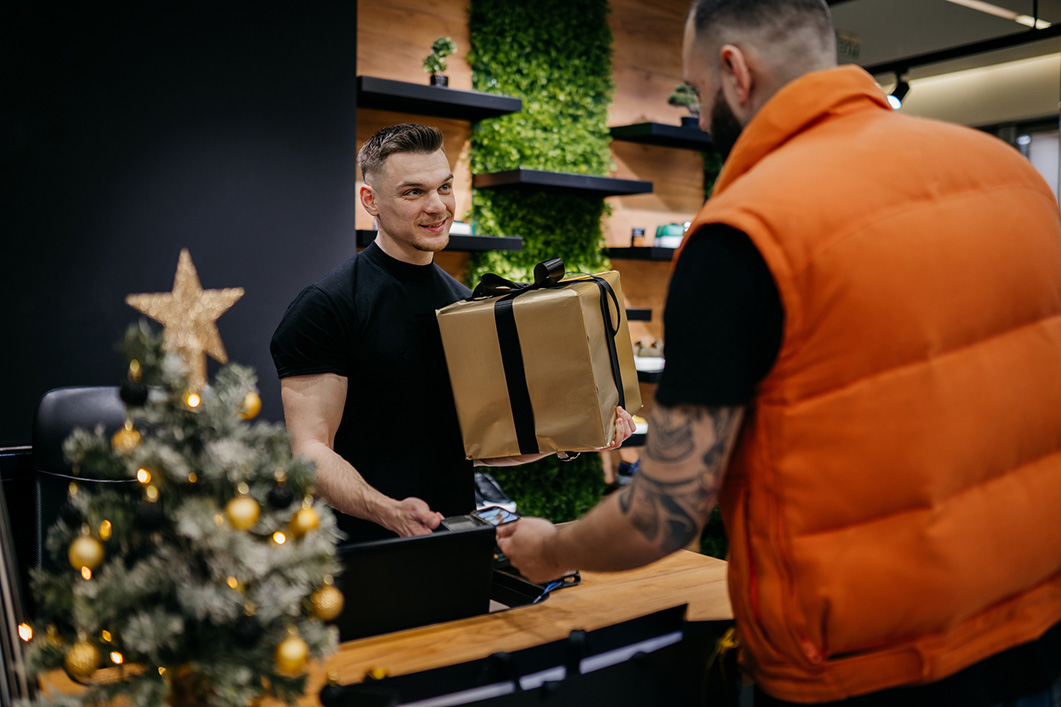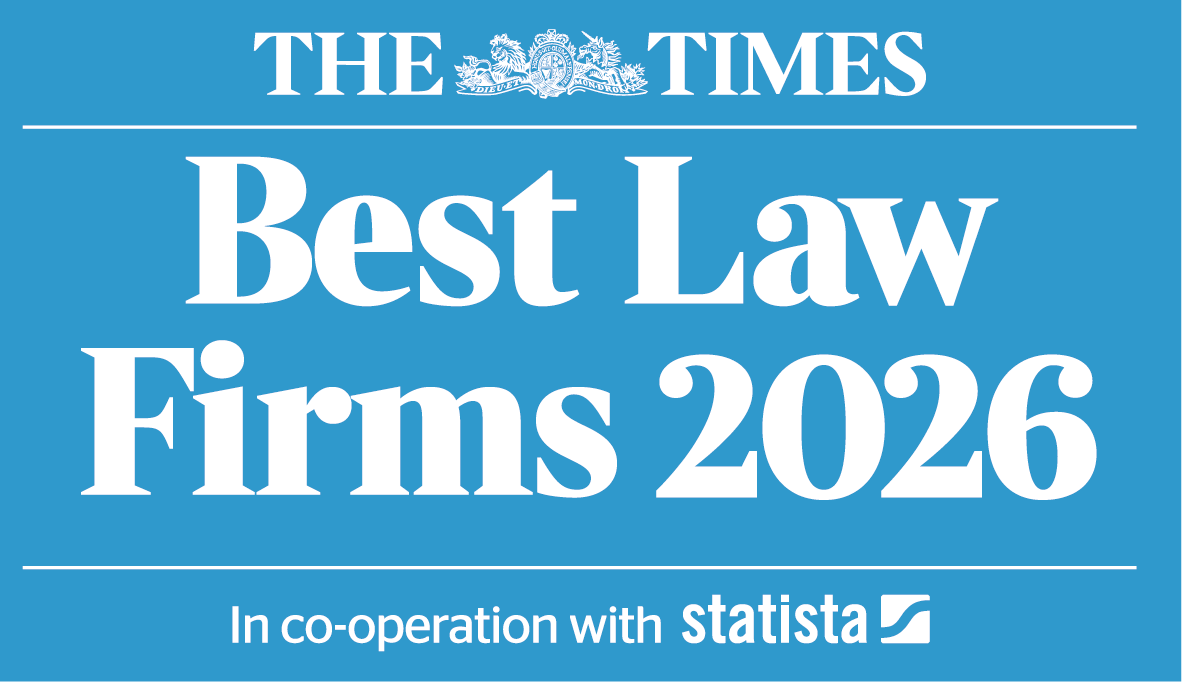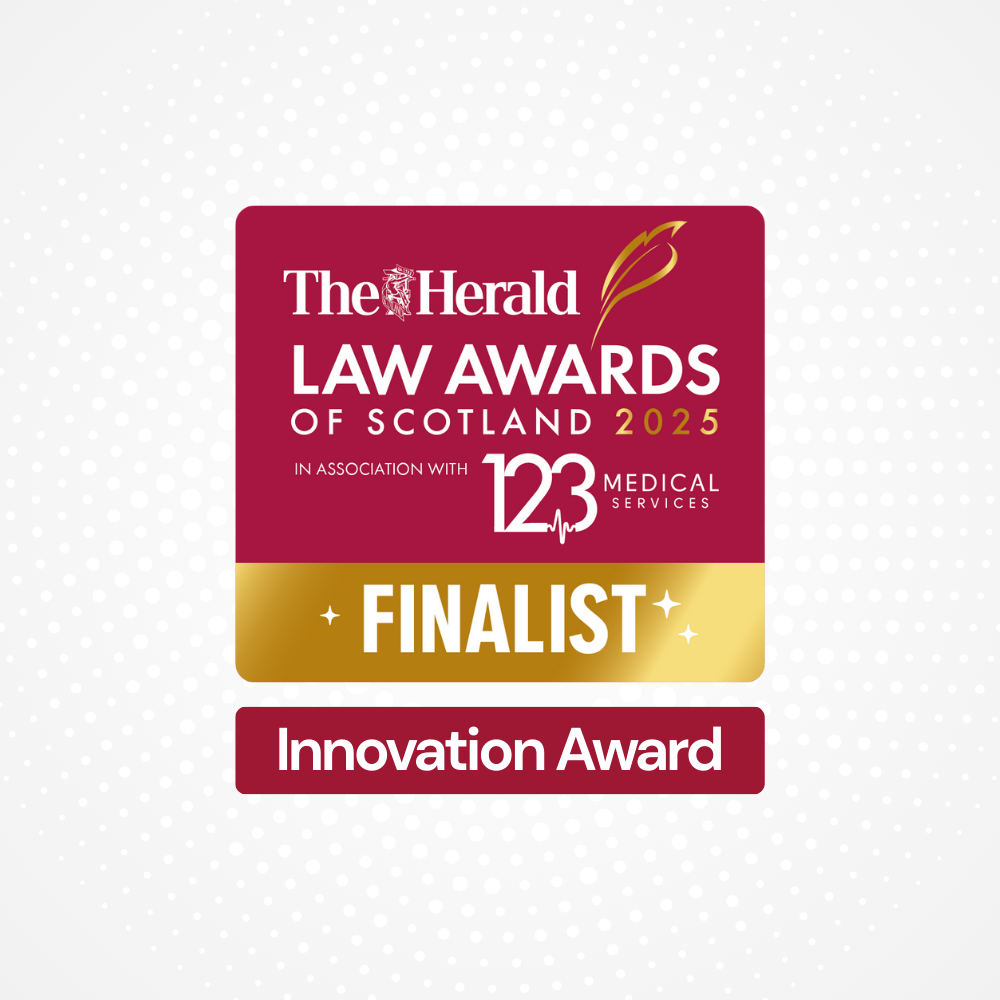Resource Centre
Giving you all you need to keep your business compliant and confident. Discover our experts' latest articles, templates and guides on everything from HR to UK GDPR, industry data and insights, and events and webinars. Subscribe to our newsletter further down the page to never miss an update.
Choose a topic to start
-
Events and Webinars
Our free-to-attend webinars and online events are designed to help your business navigate the complex world of risk management. They will give you the education and knowledge to avoid preventable problems before they start and make you feel unstoppable. All our events are produced and presented by our legal, regulatory and subject matter experts.
-
Guides and Templates
Knowledge at your fingertips. Here you can find some of our most popular guides and templates from our Online Knowledge Library, free to download for a limited time only. Check back regularly to see the latest.
-
News and Blogs
Business risks and laws are constantly changing. Our legal and business experts keep on top of what is happening in their sectors, producing news and blog posts – so you can stay up-to-date, mitigate risk and keep your business safe and strong.



























